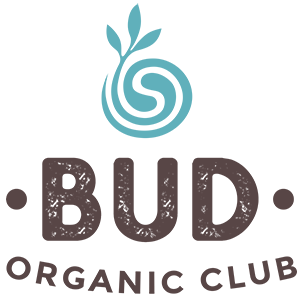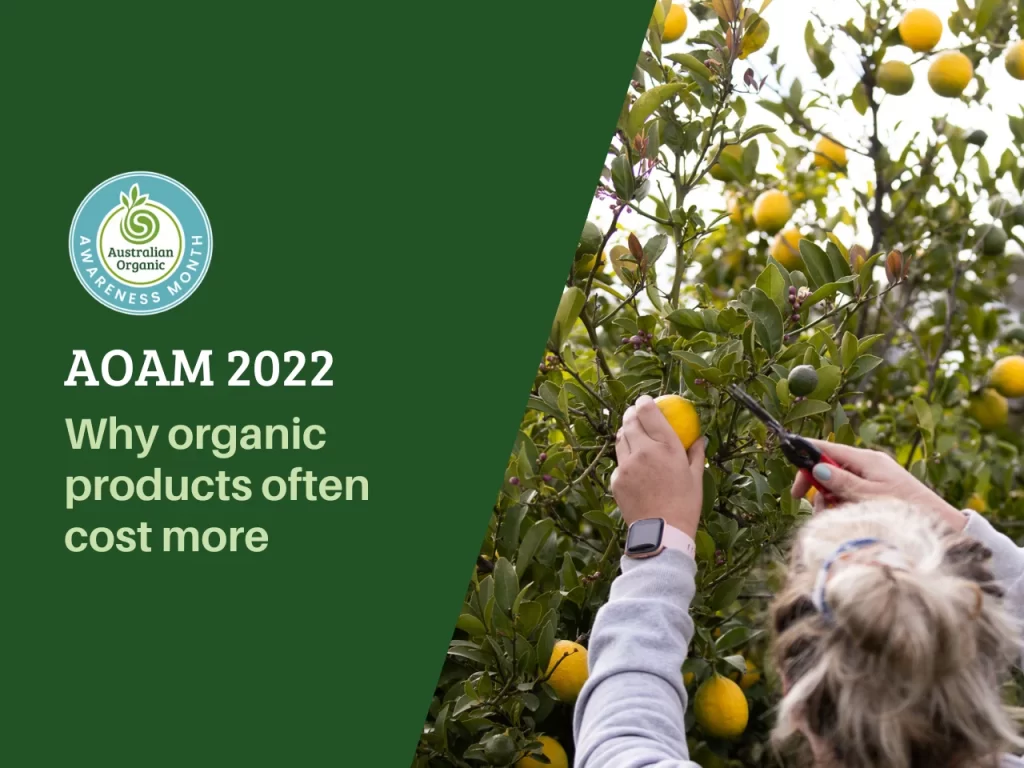When we talk about organic food, we often think about our own personal health. But there are also significant benefits to the wellbeing of animals.
A key principle of certified organic food production is that all livestock must be ethically treated and have their specific needs met. Organic certification guarantees animals have had plenty of space and fresh air throughout their life, and have been able to behave as closely to how nature intended as possible.
This Australian Organic Awareness Month, we’re encouraging consumers to find out more about organic, including what organic means, how it is priced, why it is healthier, and how it is beneficial for animals.
Leaders in animal welfare
A condition of certification is that farmers must always provide enough light, space and comfort to allow farm animals to move and express their natural behaviours. This helps to reduce stress and disease.
All animals must be fed a diet that is as natural as possible and free from Genetically Modified Organisms (GMOs).
For example:
- Free range farms can have up to 10,000 birds per hectare, whereas on organic farms they have four times the space
- Pigs aren’t kept in feedlots or stalls, they’re allowed out on pasture, with natural mothering practices, and they are kept in family groups
- Cattle graze their entire lives on healthy grass ecosystems. They don’t get unnatural hormone implants, nor are they injected with low doses of antibiotics to boost growth or finished in a feed lot.
It’s all about keeping the animals healthy and farming as close to how nature intended as possible. But remember, the only way to be sure animals are treated to the highest standard, and to know what you are buying is truly organic, is to check for the ‘Bud’ logo.


